From the Chicago Reader (November 14, 1997). –J.R.

Fast, Cheap & Out of Control
Rating **** Masterpiece
Directed by Errol Morris
With Dave Hoover, George Mendonca, Ray Mendez, and Rodney Brooks.

To name an object is to suppress three-fourths of the enjoyment of the poem, which is composed of the pleasure of guessing little by little: to suggest…that is the dream. –Stéphane Mallarmé
If narratives are arrangements of incidents with precise beginnings, middles, and ends, then Errol Morris’s exciting and singular Fast, Cheap & Out of Control doesn’t really qualify. You can’t even call it a documentary in any ordinary sense, because you often can’t say exactly what’s being documented. I suspect that poetry offers a better model for what Morris is up to, particularly Mallarmé’s idea of what poetry should be: an obscure object shaped and defined in successive increments by the reader’s perception and imagination.
Four men are interviewed separately in Morris’s film — a lion tamer (Dave Hoover), a topiary gardener (George Mendonca), a mole-rat specialist (Ray Mendez), and a robot scientist (Rodney Brooks) — and they recount the origins as well as some of the development of their passion for their work. Who they are apart from their work almost never comes up. Read more
From the Chicago Reader (May 5, 1989). — J.R.
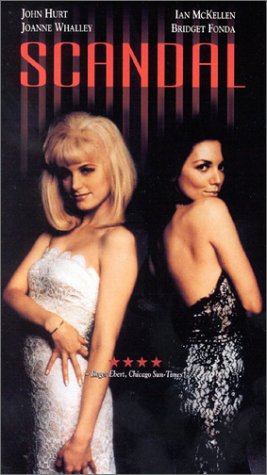
SCANDAL
*** (A must-see)
Directed by Michael Caton-Jones
Written by Michael Thomas
With John Hurt, Joanne Whalley-Kilmer, Bridget Fonda, Ian McKellen, Leslie Phillips, Britt Ekland, Daniel Massey, Roland Gift, and Jeroen Krabbe.

After applauding some of the forthright aspects of High Hopes and other recent English movies in this space two weeks ago, I’m happy to find my generalizations confirmed by a new English docudrama on the John Profumo-Christine Keeler sex scandal of 30 years back. Scandal, the first movie made on this subject, is good, clean, licentious fun.
While the titillating aspects of the story automatically place the film under the general rubric of “trash,” Scandal gleefully embraces its category without being unduly dumb or irresponsible about it. Starting off with an evocative period montage of the late 50s and early 60s, accompanied by the strains of Frank Sinatra’s recording of “Witchcraft,” the movie proceeds to unravel its complex narrative with a kind of polish that excludes any pretense of telling the “whole” story. (The project started out as a five-hour miniseries, and got boiled down to a feature after the BBC decided not to participate, but it is questionable whether the entire story could have been told even at miniseries length.) Read more
From the Chicago Reader (February 15, 2002). — J.R.
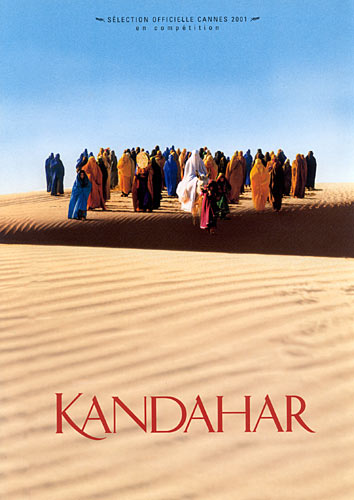
Kandahar
*** (A must-see)
Directed and written by Mohsen Makhmalbaf
With Nelofer Pazira, Hassan Tantai, and Sadou Teymouri.
“Shall I recite the Koran for the dead?”
“We are the dead; sing for us.”
— Kandahar

There are times in history when the aesthetic quality of a work of art appears to become secondary to the urgency and currency of the work’s subject matter. The era of Italian neorealism was arguably one of those times. Kandahar — a film in which the terrible and the wonderful, the gauche and the graceful, the beautiful and the ugly, and the smart and the not-so-smart rub shoulders — surely marks another.
In many ways the qualities of Kandahar that derive from actuality operate as art ordinarily does — so that, for instance, the bad acting serves as well as good acting would to bring us closer to the people we’re seeing. In some ways, the bad acting may even serve better, because it allows more of the actors’ personal characteristics to shine through. Yet once we become aware of this, our responses to the actuality become aestheticized. And even if we could overlook the quality of the acting altogether — no easy matter — writer-director Mohsen Makhmalbaf is too much of an artist to abandon the aesthetic parts of his sensibility. Read more
From the Chicago Reader, March 28, 2003. I was shocked learn on January 30, 2010 about the freakish and accidental death of Karen Schmeer, the gifted editor of The Same River Twice as well as many of Errol Morris’s films (including my favorite, Fast, Cheap, & Out of Control), in New York City, when she was hit by a car speeding away from a drugstore robbery — J.R.
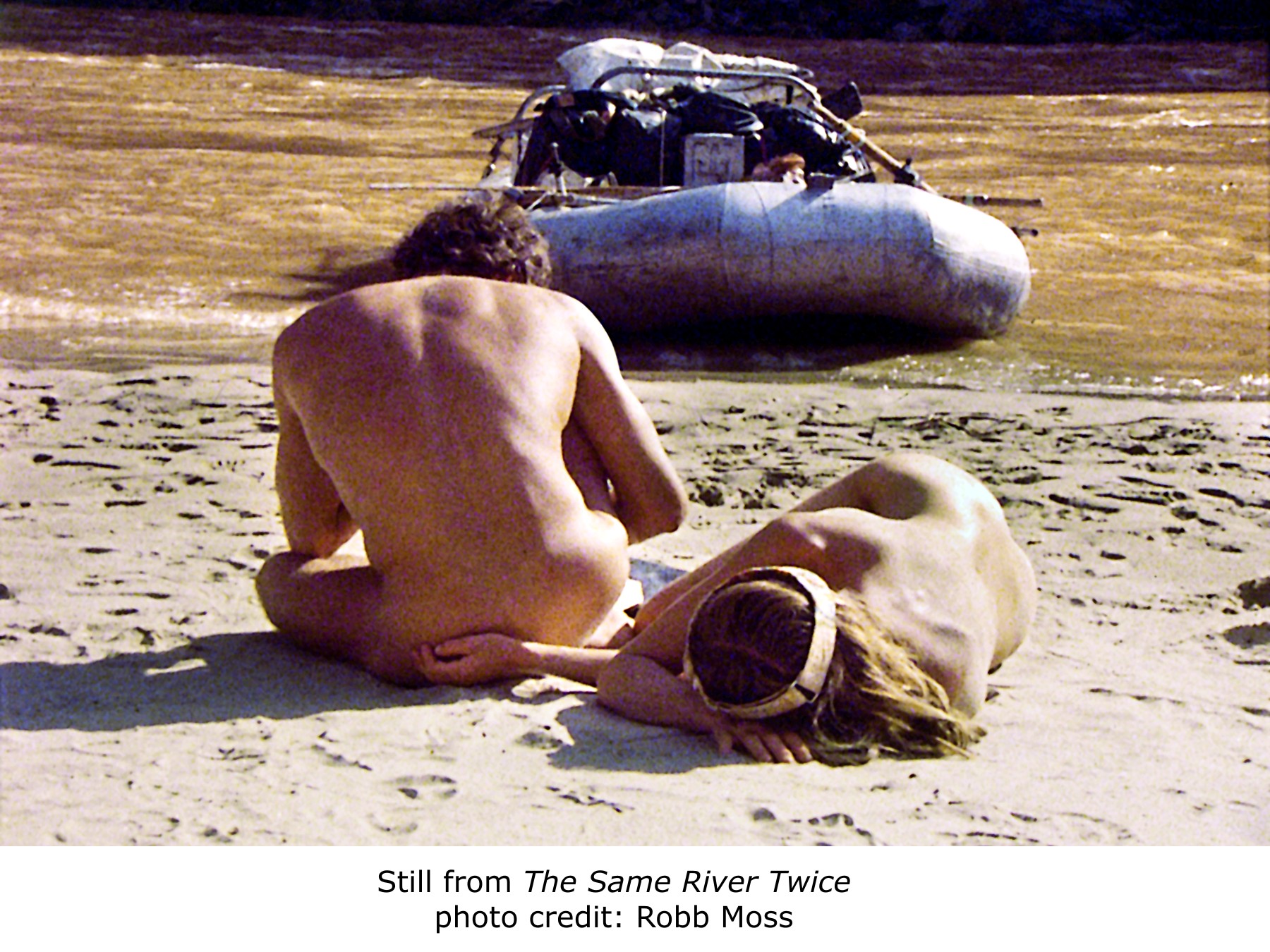
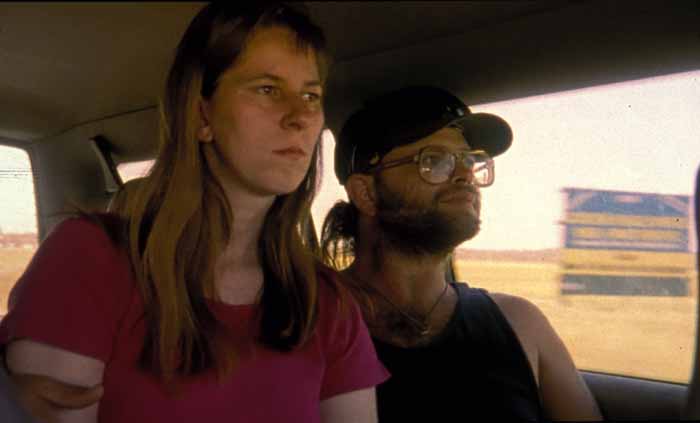
The Same River Twice **** (Masterpiece)
Directed by Robb Moss.
Stevie **** (Masterpiece)
Directed by Steve James.
The first Chicago International Doc Film Festival is drawing to a close this weekend. Critics tend to make assumptions about the State of Cinema as if that were a knowable entity, generalizing on the basis of the few crumbs of pie the film industry and the media toss us. But we’re forced to face the inadequacy of those assumptions when something like this documentary festival demonstrates that the pie is a lot larger than we thought.
Two powerful documentaries screening this week — The Same River Twice, showing as part of the festival on Sunday at Facets Cinematheque, and Stevie, starting a regular run at Landmark’s Century Centre — make an instructive pair. Read more
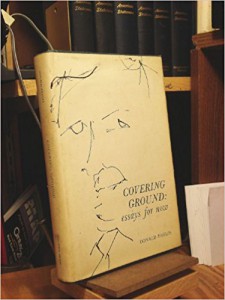
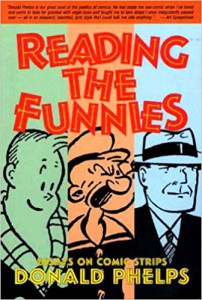
In some ways, the saddest deaths are those we only hear about accidentally. For me, Donald Phelps was one of the very greatest of American critics — not just literary critic and film critic, but comics critic as well — even though only two collections devoted solely to his written work exist (see above). I would love to imagine that many more will follow, because it’s clear that anyone who tracks down obscure journals, including his own (For Now), looking for Phelps’ insightful and highly original prose, will discover an unending bounty. But it seems like he never had much money, and even before the advent of Trump, Phelps appears to have lived his entire life in the shadows.
I learned of his death by ordering another collection — Sparring with Gil Kane: Debating the History and Aesthetics of Comics — from Fantagraphics Books, chiefly because it boasted having a dialogue with Phelps, and it was only upon reading editor Gary Groth’s introduction that the demise I’d already suspected was confirmed. But at least Donald survived until his mid-80s. Several years earlier, after the stupidity and intolerance of a new Film Comment editor had summarily turned him from an invaluable regular contributor into a non-contributor, I had started to communicate with Donald by letters and by phone as a way of funneling his genius into the precincts of an Australian online film journal named Rouge that managed to publish half a dozen texts of his over its 13 precious issues. Read more










